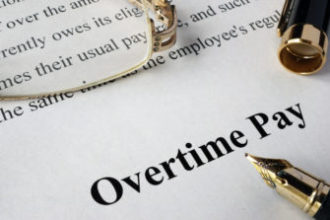Call Center Employees Affected by Wage Theft In today’s age of technology and convenience, customer service is often only a…
Too often, employers take advantage of their employees, with the employer typically leveraging its superior knowledge of the law. Employees…
A pizza restaurant chain in Manchester, Connecticut was held liable for violating the Fair Labor Standards Act (FLSA). An investigation…
A Brooklyn federal judge has ruled that baklava chefs’ jobs were not “creative” to meet the Fair Labor Standards Act’s…

Call center service provider Great Virtual Works is facing a collective action complaint for violations of the FLSA (Fair Labor…
Employee v. Independent Contractor – What You Need To Know What is the difference between an employee and an independent…



